
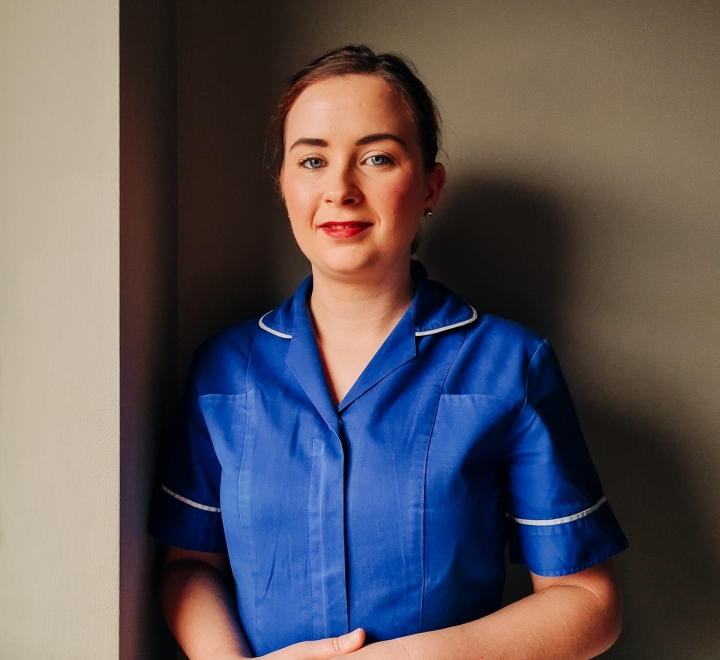
After starting her nursing training at the age of 18, Kayleigh quickly realised that she actually knew very little about being a nurse. “When you start out, you think it’s going to be a bit like Casualty,” she chuckles. “But really it’s so much more than that. You can’t know what it’s like until you do it. It really changes you as a person.”
Kayleigh believes one of the hallmarks of a good nurse is a constant appetite to learn and adapt. Since qualifying in 2013, Kayleigh has found there’s always more to learn, both about nursing and about herself. “But if I could go back in time and tell my younger self one thing it would be to not put so much pressure on myself. You just have to enjoy the role and go with it,” she says. “If you lose your enthusiasm and don’t enjoy a particular role, it’s time to move on.”
Understanding your patients
As well as learning more about herself and her role, Kayleigh also finds she’s always learning about her patients. “As nurses, we get to meet people from all walks of life, and they all have stories to tell. You obviously have your routine to do, but you also have to look at patients as individuals and realise that their care might need to differ. You have to get to know them quite quickly and adapt how you approach them to suit.”
Interacting with patients is one of Kayleigh’s favourite parts of the job. It gives her a chance to get to know them on a more personal level. “We often get to know our patients really well in the clinic. We get to know their families too and we’re able to be there for them throughout their illness, so you do develop a deeper understanding of them as people,” she explains.
One of the key things she’s learnt from her colleagues about communicating with patients is remembering small details about their lives. “Just remembering something as small as the name of their grandkids, or their dogs or asking about a hobby of theirs can really help to lift their mood and help patients engage with us,” says Kayleigh. In fact, it was this fantastic level of care that won Kayleigh a Cavell Award for Excellent Patient Care in 2020.
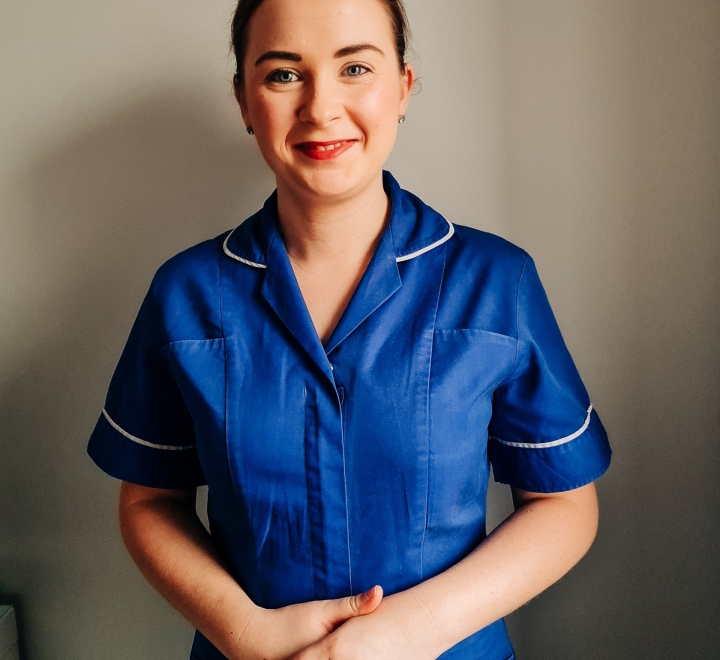
"You have to look at patients as individuals and realise that their care might need to differ"
Connecting with patients on a deeper level became even more important when the Coronavirus pandemic began. “We had to switch a lot of our efforts to phone consultations which made things much harder because you can’t see a patient properly,” she explains. In many cases, patients would tell her they were fine over the phone when that wasn’t necessarily the truth.
Thankfully, the connections she and her team had made with patients and their families proved incredibly useful. “Sometimes, relatives would call me up later and say, ‘actually, so-and-so isn’t fine, this has happened…’” and then we get a better picture of what’s going on and what we need to do. We’d never be able to do that if we didn’t put the effort in to get to know our patients as well as we do.”
The key for Kayleigh is learning how to communicate with each patient in a way they understand. Explaining things clearly helps to make them feel comfortable and increases the chances that they’ll stick to their treatment plans.
“Once we’ve got patients understanding their condition and treatment, they can take some responsibility for their own care,” she says. “They know what’s normal and what’s not, so we have more time to deal with urgent cases.”
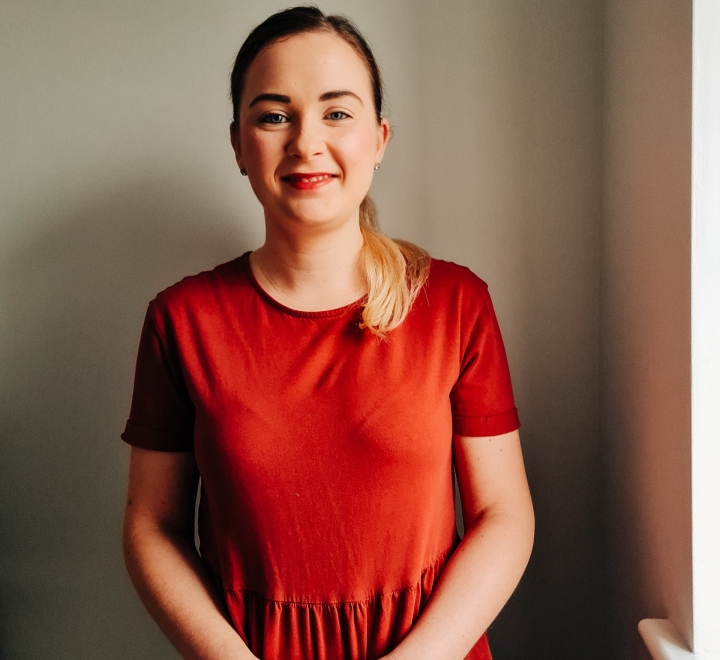
Getting the right balance
Another major lesson for Kayleigh was just how much juggling is involved with nursing. She has learned how to balance routine tasks with personalised patient care – as well as her personal life with the demands of the role. She believes developing that ability to switch off whilst still being empathetic and supportive is a key skill that all nurses have to learn as they progress in their careers. “Once I get home, I try to leave work at the door,” she explains, “that’s something you learn over time. We spend so much time with our patients so it can be really upsetting when they decline or die. You have to be able to switch off and not take that home with you.”
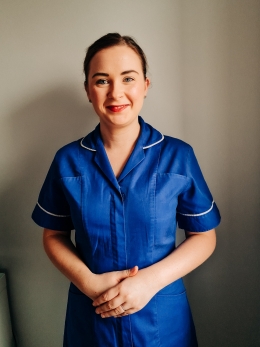
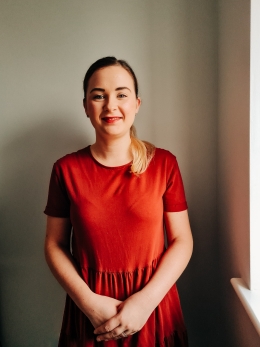

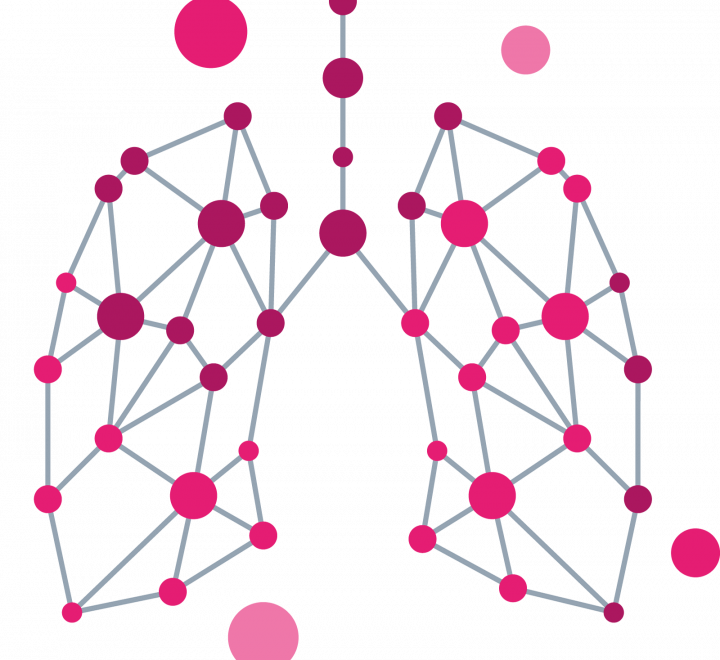
Kayleigh’s top picks
Books or TV?
Books, absolutely. I can’t stand having the telly on in the evening. A good book is a nice chance to get some quiet time and maybe learn something new.
Tea or Coffee?
I have tea days and coffee days. But if I had to choose, I’d probably say I’m more of a tea drinker.
Early, late or night shift?
Early. I like to get in, get stuff done, get home, and have my evenings to relax. I’ve done my fair share of nights, but no more!
On the ward, in practice or out in the community?
On the ward and in practice, I love being able to be hands-on.
Summer or winter?
Summer, definitely! In winter you just can’t get outside or do as much.


Interactive self-management: the programme supporting respiratory patients
Read article
Respiratory virtual wards – squaring the circle
Read article
The role of research in improving respiratory care
Read article
How difficult is it to diagnose people with COPD?
Read article

